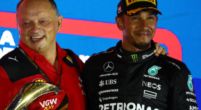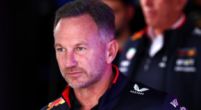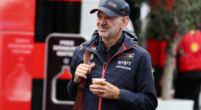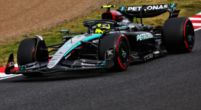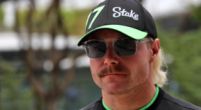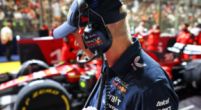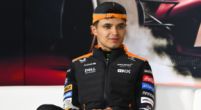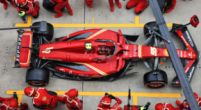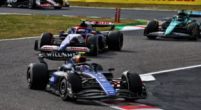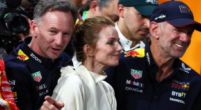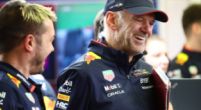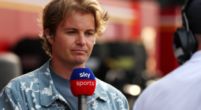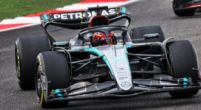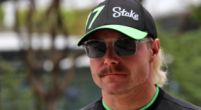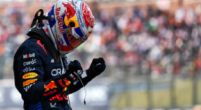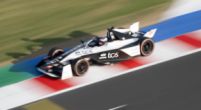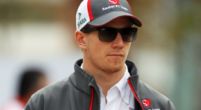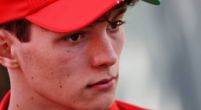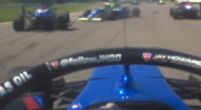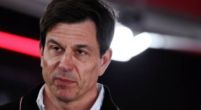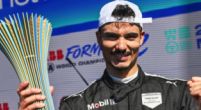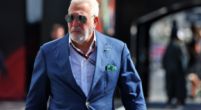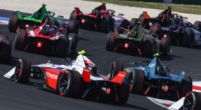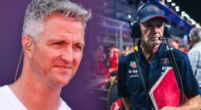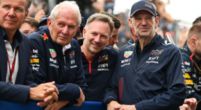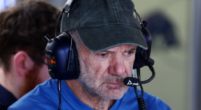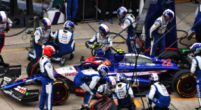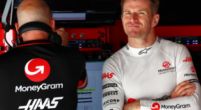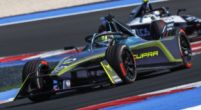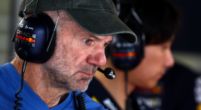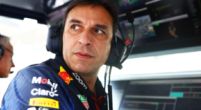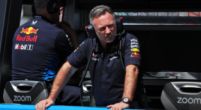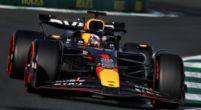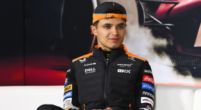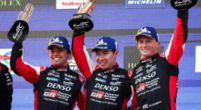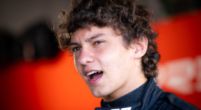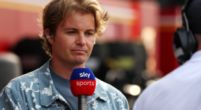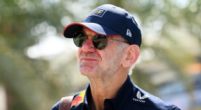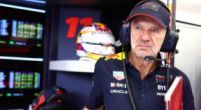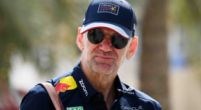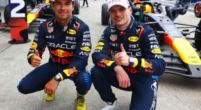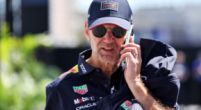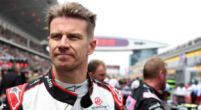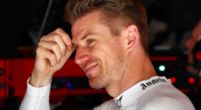Exclusive
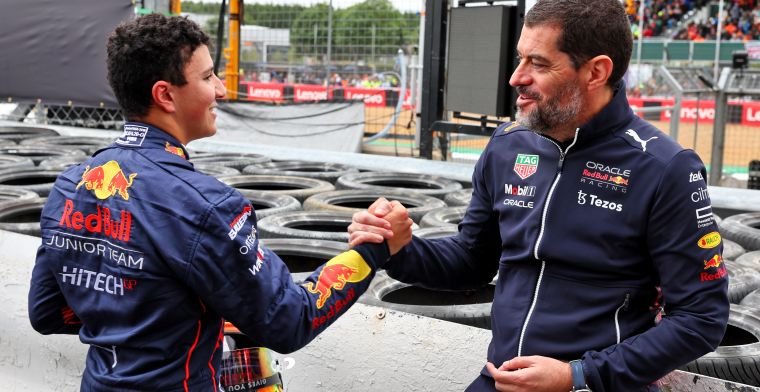
Behind the scenes of the Red Bull Junior Team: 'It's like a school'
Helmut Marko is known as Red Bull's talent scout, but hard work also goes on behind the scenes. Guillaume Rocquelin is Head of Driver Academy at the Red Bull Junior Team and, in an exclusive interview with GPblog, explains how the talents are prepared for F1.
Red Bull junior talents
Even before Red Bull started in F1 with their own teams, Marko was looking for young talent. Dietrich Mateschitz wanted to help young talents towards the top of motorsport, and it was up to Marko to find them. After supporting young talent, his own team soon emerged with Red Bull Racing and, a year later, Toro Rosso (now AlphaTauri).
With their own teams, Red Bull could focus entirely on helping junior talents. Money no longer had to bring in young talents; F1 teams did. It became more about development, but how do you ensure a junior eventually reaches their potential and maximises their chance? Within Red Bull, they are increasingly finding an answer to that.
Read the extensive interview with Helmut Marko about the Red Bull Junior Team here!
Of course, great talents like Sebastian Vettel and Max Verstappen do catch the eye of most and also needed little guidance on their way to the top. However, if you look at the 2022 F1 grid, it is striking that eight of the 20 drivers had some history with Red Bull, either past or present. That can hardly be a coincidence. So a combination of good scouting (Marko) but also good coaching.
Today's guidance falls under Guillaume Rocquelin, better known to many as 'Rocky'. Rocky became famous between 2009 and 2014 as Sebastian Vettel's race engineer. With the German, Rocquelin won four world titles. As Head of Race Engineering, he also worked with Max Verstappen and Daniel Ricciardo, among others, before moving to the role of Head of Driver Academy in 2022.
Marko's right-hand man
"I wanted to scale down a bit from F1 travel. When you do so many races, you go from one race to the next, and there's very little time for development. You can't just sit back and analyse what you are going to do. As an engineer, I wanted something a bit more fulfilling. I felt at the time of my career, I was starting to get quite interested in teaching. Being able to get a pass on some of my experience and try to analyse what I've done to pass it on to other people," Rocquelin says in conversation with GPblog.
So no more role within the F1 team directly, but an essential role within the Red Bull Junior Team programme. He explains how he sees his role: "I guess I'm the headmaster (laughs). We have lots of resources here at the Technology Campus in Milton Keynes. There are several people working in the department, some of them are more specialised in the simulator, and others will be more specialised in analysing the results," he adds.
Together with those experts, Rocquelin looks at the talents within Red Bull's programme. Which drivers are performing well, and which drivers are dipping below the mark? Based on those analyses, interviews are held with the drivers, development schedules are drawn up, and F1 drivers sometimes sit down to share their experiences with the young talents.
Red Bull Junior Team is like a school
Rocquelin actually says it himself: he is a kind of headmaster. In that respect, the Red Bull Junior Team also turns out to be much more like a school than simply a way to find the greatest talents. A school that prepares you for one thing that is very important to Red Bull: winning.
"The main goal is to produce F1 race winners and provide us with drivers that can join the main team, the Red Bull team. It's not just a sponsorship programme. It's a driver development program."
They follow a development programme to prepare those young talents to win in F1. Talents are scouted by Marko and then enter Rocquelin's development programme. Different benchmarks are used to see what a driver needs to work on. Think strength, nutrition or work in the simulator. Real homework then follows for the talents that they have to work on.
"When you think academy, it's not just in your training. It's actually a school in some respects, and our drivers get homework. They get graded on this homework. We can get a fairly good idea on who actually knows about the history of the sport, the technicalities, the set-up, nutrition, all these things. There are a very wide range of topics of things that are important to become an all-round athlete.
"When we put them in the simulator, there are various metrics that we can measure, not only the lap time but also reaction, understanding of set-ups, new sensitivities that change every lap where again we can rate those drivers."
To even better map out what a driver is good at or knows a lot about, tests are even done. "Sometimes the school homework is an essay they have to write. So there's ten questions that they get asked, and then they have to show their knowledge on these topics. We then fill in the gaps they don't know. So suppose they know 20 per cent of something we think they should know, then we explain how they're going to make up the difference.
"Some of the topics are things they should know anyway in terms of having been a racing driver for several years. They should have picked up all these things by working with their engineers or with other people. We try to figure out where they're at in terms of their knowledge on this. And once we know, then that's when the education part kicks in, where we'll fill in the gaps. I understand [most] of the answers. Or we'll just ask other people within the company, whether it's physio, strategists or other experts. I can pass on the knowledge."
How do future F1 champions distinguish themselves?
How young talents pick it up largely determines how good they really are, Rocquelin argues. A driver's speed is easy to measure on the track, but to be able to do it again in each higher class, you have to keep adapting and improving. You have to be able to take that step up every time and win at every level. That is not given to everyone.
"What's going to take them to the next level is much more about their attitude. We can really see that outside the racetrack in all the interactions we have with them in terms of being on the simulator when we’re doing coaching sessions. You can identify that drive," says Rocky. According to the Frenchman, talents can especially make a difference by asking questions and learning from defeats. "These are the things that are going to take them to the top."
The aim of the programme is to make F1 winners. They have already succeeded with Vettel, Verstappen, Carlos Sainz, Pierre Gasly and Daniel Ricciardo. Development is therefore measured to know whether talents are developing towards that desired level. Based on all the homework, results and achievements, Rocky and his team can see whether a junior is making the right progress.
"Where I get the most satisfaction from is to make sure that these guys fulfil their potential. You have to give them targets by saying, okay, these are the things that you need to develop. And that is part of the criteria that means they can continue the programme. We evaluate that at the end of the season. But equally, it's quite important for the academy to be a safe place, so they feel that here they can make mistakes because that's how you're going to learn and make future progress. So, it's a fine line."
With so much experience in F1, Rocky himself naturally plays a significant role in mentoring talents. So when asked what the most important lesson he teaches young talents is, an interesting answer comes out.
"I think they have to be in control. They have to drive the process. They can't be a passenger. They've got to want it for themselves. They've got to be dealing with the outside pressures. They can't let that get to them. Same thing with their social media. They have to be in control of their temperaments, of their communications and everything. That's the biggest thing they need to be. Because otherwise, if they're passengers and they're just trying to cope, they're not going to," Rocky concludes.
In the exclusive interview with GPblog, Guillaume Rocquelin also spoke about Red Bull's culture, the example set by F1 drivers from Red Bull Racing and AlphaTauri to his young talents and the characteristics of great champions like Vettel and Verstappen. You can read what he had to say about that soon on the website.

